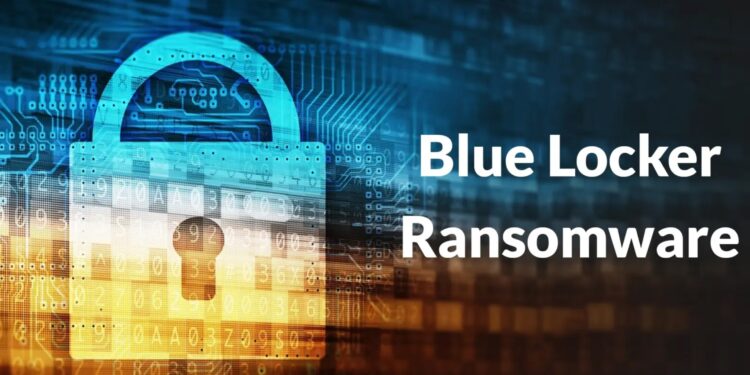Pakistan’s critical oil and gas infrastructure is facing a severe and immediate threat from a new and sophisticated cyber-criminal group deploying the “Blue Locker” ransomware. The National Cyber Emergency Response Team (NCERT) has issued a high-priority advisory to 39 key ministries and institutions after confirming that several organizations, including the state-owned Pakistan Petroleum Limited (PPL), have been impacted.
The attack, which occurred on August 6, prompted PPL to activate its internal cybersecurity protocols and launch a complete forensic analysis. According to a PPL spokesperson, the company is committed to transparency and is working to restore full system functionality in a safe and phased manner. The incident is considered significant as PPL supplies more than one-fifth of the nation’s gas supplies, making the attack a serious threat to the country’s economic stability.
Cybersecurity experts say the “Blue Locker” ransomware is a formidable adversary. It is a highly-impactful strain that targets Windows-based endpoints, encrypts files, and demands a ransom for the decryption key. The attackers employ “double extortion” tactics, not only encrypting data but also exfiltrating sensitive business and employee information, threatening to leak it publicly if the ransom is not paid.
Initial analysis by cybersecurity firm Resecurity suggests the malware may be related to the “Shinra” malware family, with potential ties to a state-sponsored group. However, they caution that these indicators could be a “false flag” to mislead investigators. The ransomware is primarily distributed through targeted phishing emails containing malicious links or attachments, a common social engineering tactic. Once inside a network, the ransomware can disable antivirus software and spread laterally, compromising cloud environments, network-attached storage, and backups to maximize damage.
This latest attack highlights the deeper vulnerabilities in Pakistan’s critical infrastructure. Experts note that a lack of structured policies and a reactive cybersecurity posture have left many institutions ill-equipped to handle sophisticated cyberattacks. In response, NCERT’s advisory includes a list of indicators of compromise (IOCs) and recommends robust measures such as multi-factor authentication, regular backups, and employee training to mitigate the risk. The incident serves as a stark reminder that as ransomware attacks surge globally, critical sectors in Pakistan must urgently invest in proactive and complete cybersecurity strategies.










![Online Scam Cases Continue to Rise Despite Crackdowns on Foreign Fraud Networks [Myanmar] Online Scam Cases Continue to Rise Despite Crackdowns on Foreign Fraud Networks [Myanmar]](https://sumtrix.com/wp-content/uploads/2025/06/30-12-120x86.jpg)





